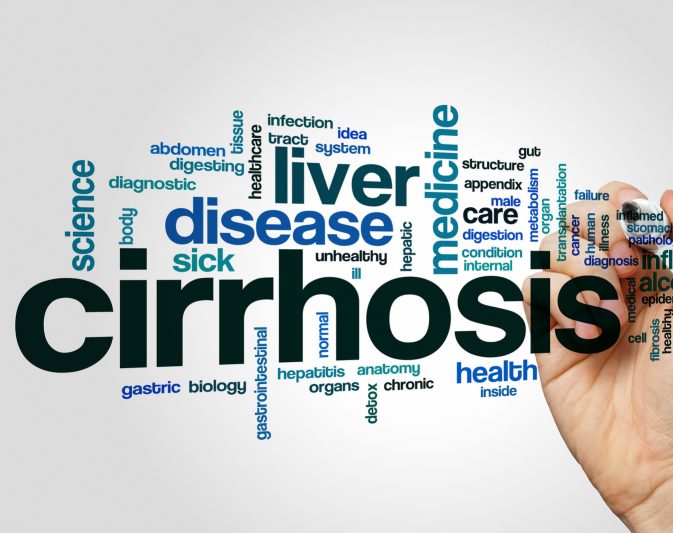Qualifying for Social Security Disability with Liver Disease in Chicago, IL
Liver disease is a broad umbrella term which covers over 100 distinct types of liver impairments, including cirrhosis. Liver disease, also known as hepatic disease, occurs when there is a disruption of liver function. Although your liver is unique in its ability to regenerate itself after it has been damaged, if the damage is severe enough and occurs over a long enough period of time, the organ develops scar tissue, and its ability to function is diminished. It usually takes about 75% of the liver tissue to become damaged before liver disease is diagnosed. Eventually, damage to the organ can lead to chronic liver failure. Each year, more than 200,000 Americans develop liver disease. If you suffer from liver disease which significantly interferes with your ability to work, you may be eligible for Social Security disability benefits.
Liver disease is combined into one category by Social Security for the purposes of determining disability eligibility. Regardless of whether you are suffering from hepatitis, cirrhosis, or some other form of liver disease, Social Security applies some of the same tests and standards to determine whether or not you qualify for disability payments. If you have been diagnosed with liver disease, your doctor will have already performed most of these tests in the process of your diagnosis and treatment.
There are two ways you can qualify for Social Security disability.
The first is to meet a Social Security listing. The Social Security Administration has a set of procedures in place to identify disabilities that are medically eligible for benefits. These procedures are published in a handbook known as the “Blue Book,” and it includes a long list of various disabling conditions known as “listings.” To be eligible for Social Security disability and meet the requirements of the Blue Book’s chronic liver disease listing, you must be diagnosed with end-stage liver disease or chronic liver disease that’s lasted at least six months. In addition, your health must also to be complicated by a variety of related conditions, including the excess buildup of fluid in the peritoneal or pleural cavity or gastrointestinal or esophageal hemorrhaging.
Very few people who apply for Social Security disability benefits meet the strict requirements of the Blue Book listings, but there is a second way to qualify—by proving that you are unable to perform any work due to your liver disease, given your age, education, and past work experience. Social Security will look to see if your condition has functionally limited you from working. The agency will next assess your “Residual Functional Capacity” or RFC to determine if there’s any type of work you’re able to perform despite the limitations caused by your symptoms and the side effects of your medication or treatments. For example, if you suffer bouts of nausea and vomiting and need to take periodic breaks from work, you may not be able to sustain work on a consistent and reliable basis. Bear in mind that you must provide the evidence to prove that your liver disease prevents you from performing any substantial work, so any limitations or symptoms caused by your liver disease should be recorded in your medical records. You should also know that your claim may be denied if you drink alcohol. Alcohol is toxic to the liver and this may lead the SSA to believe that your consumption of wine, beer or liquor is impeding improvement in your liver condition.
If you are thinking about applying for Social Security disability or if you have been turned down for disability benefits, schedule a free consultation with Nash Disability Law. You can complete our simple online form, or better yet, call our office today at 312.219.9414.


